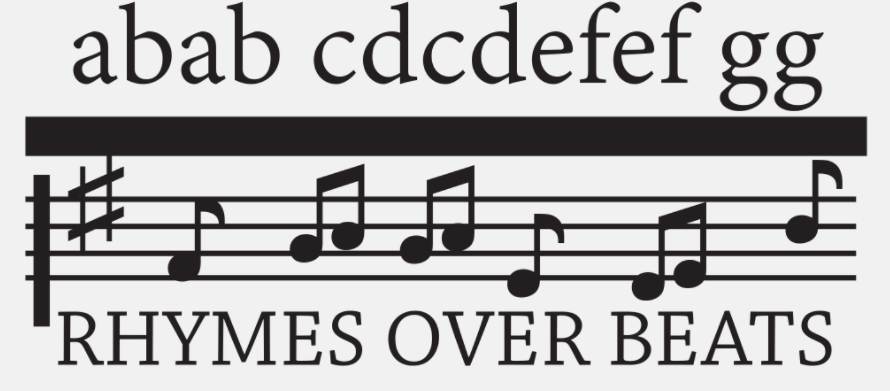by Patrick Blake
This is Who We Are
The first four blogs are intended to be informational – to tell you what we are about. What we live, in KRS-One’s way of expressing.
But we don’t just just want to preach. We want to talk about things. Even argue.
So, no more discussion than necessary.
This blog and the ones that will follow are intended to be interactive. All of them pose a question, with our answer. But this only works if you give us your answer to the question. Even if the answer you give us is, “Your question is stupid, you should have asked a different question.”
Songs Before the Story
Ever since Showboat we have assumed that the songs and the story in a musical are written at the same time. They support each other. That together, they are greater than the sum of the parts.
This is how musicals are usually written, but it’s not always the case. In some cases the songs have already been written and a musical is constructed around them. This is done in one of three ways, depending upon the intent of the person creating the musical.
Let’s look at some popular musicals so I can explain.
Jersey Boys and Beautiful….
To a certain extent, these musicals have songs that were not written for a specific purpose, like selling a product or telling a story; instead, they reflect what was going on in the song writer’s life at that moment. The songwriter was in a relationship and now is not, so they wrote a song about it. They had just fallen in love, so they wrote a song about it. The songs they wrote were a comment on and a reflection of the songwriter’s life.
So, if someone – a playwright, or a producer, or even the songwriter themselves – wants to make a musical of the songwriter’s life, it makes sense to use the songs the songwriter wrote. While watching the musical, the audience can say, “Oh that’s why they wrote that song.”
A musical of this type allows for a greater appreciation of the songwriter’s life. Jersey Boys is the best and certainly most commercial example of this type of musical.
Movin’ Out and Holler If Ya Hear Me
But sometimes you want to tell a story that’s original.
You don’t care why the song was written. The song may have been written to celebrate the birth of the songwriter’s first child, but you think it’s a great song about the creative process and would work in a in story about a sculptor. You think that songs written by a specific artist (or artists) would be ideal to tell a story that is unconnected to the reason they were written. In some cases, you only want the lyrics (Holler If Ya Hear Me), not the beats that go with them.
So you create your own story and your own music.
Tommy and Jesus Christ Superstar
Finally, there are artists that have written an album that consists of a group of songs that tell a story. Jesus Christ Superstar was, I think, the first, but Tommy is probably the most famous. They are in effect mini-operas.
A short musical is between eighty and ninety minutes. Broadway musicals are two hours. Tommy (the album) has a running or listening time of seventy-five minutes. Too short to be something to put on stage by itself.
On the other hand, Jesus Christ Superstar, is right around ninety minutes, so it is actually what it claims to be – a rock opera. So the third way to convert songs that have already been written into a musical is to add dialogue to a song cycle.
Jukebox, or Boom-Box Musical
Musicals that are constructed in one of these three ways are called Jukebox musicals, or, since we are including Holler in the list, perhaps some should be called boom-box musicals.
We are currently talking with Masta Ace about making a musical from one of his early albums.
The Question to You is…
Really two questions:
- Which of his albums would you pick?
- And second, if we were to make a musical from another artists album, who should it be?
Let us hear from you. Leave a comment in the box below.
